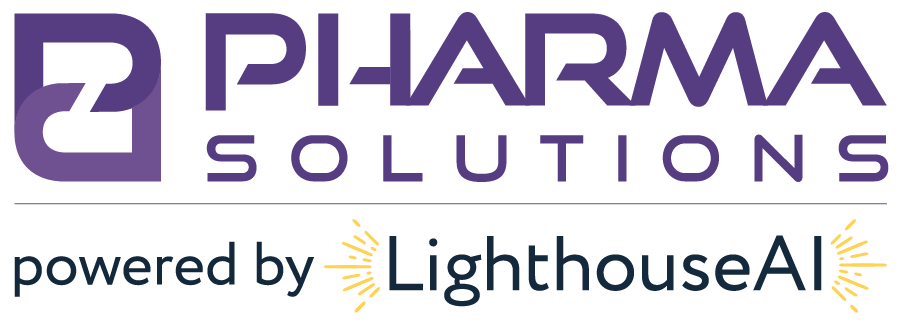Legal Importation from Canada via SB 175 Vermont – Is it Possible?
Challenges to implementation of Vermont’s Importation program.
Background on the Bill
The Vermont bill permits the importation of Rx drugs from Canada per the following:
- Importing drugs from Canadian-licensed and FDA registered supplier(s) into Vermont will become legal on a Federal and State level.
- The Program will be open to all VT payers and purchasers
- Imported drug portfolio will focus on those products that will generate significant consumer-level savings.
- The distribution, sale, or dispensing of imported prescription drugs outside VT will be strictly prohibited.
- The program will only allow the importation of 20 to 30 of the highest cost drugs that also produce consumer-level savings.
Based on Section 804 of FDCA:
- Section 804 of FDCA allows the HHS Secretary to approve a program of wholesale importation of prescription drugs that will:
- Pose no additional risk to the public’s health and safety; and
- Result in a significant reduction in the cost of the covered products to the American consumer
- Section 804 has never been successfully used – states have submitted proposals have and been denied. However, all previous attempts facilitated personal importation without many safety or savings controls.
- By law, importing a controlled substance, biological product, infused drug, intravenously injected drug, or a drug inhaled during surgery is generally prohibited by FDA law.
How Business Models Likely Feel About the Law
- The majority of manufacturers are likely against the bill because it means that control over the supply chain will be limited. However, there are bound to be a small number of niche manufacturers that spring up to take advantage of specific products and their availability in the US market.
- Similarly, large, established wholesalers are likely also against the law because it will detract from the conventional supply chain that they control. Again, there are bound to be a small number of niche wholesalers that spring up to take advantage of specific products and their availability in the US market.
- Pharmacies and healthcare providers are likely wholly on-board with the law, given that quality concerns are robustly addressed. It will increase availability while decreasing the price of high-cost generics – allowing them to increase their standard of care and profitability.
- Payors will also most likely be on-board with access to cheaper, high-cost generics.
Challenges for SB 175
- Diversion: Because of the industry challenge, it will likely set up a secondary market to divert that product into the United States. Anytime product is diverted from the intended market, the risk of counterfeit and adulterated products inherently increases.
- Diversion II: If the product being imported into Vermont is not properly controlled by Vermont, it is possible that those products might be distributed to the rest of the United States.
- Solution: Dispensed quantities can be limited to discourage resale outside Vermont.
- Manufacturers: Commercial agreements made by manufacturers with their customers (wholesalers) usually limit the sale of the product not only within the country but often to specific classes of trade. It is foreseeable that manufacturers can attempt to prevent the export of products from Canada into the US through commercial contracts.
- Politics: Although early proponents of the Drug Importation, the Trump Administration has recently pulled back from supporting the activity – even though it is known to poll well. Therefore, it is doubtful that it will have any meaningful support from the current administration.
- Quality I: Canada may allow sale of products that aren’t specifically approved by the U.S. FDA. It is possible that the U.S. FDA will permit EU GMP under their mutual recognition agreement but that is not guaranteed.
- Quality II: Usually, imported API and manufactured finished drug products require that samples are retained. However, in a manufacturer-to-wholesale or wholesale-to-wholesale, retention of samples is not common practice, which will likely lead to bypassing that requirement.
- Quality III: Returns, recalls, adverse reports, market complaints, and more will now lead to an international aspect for the responsibility of overseeing quality.
- Relabeling: The product must be relabeled for the U.S. Market prior to importation and sale. Packaging will inherently be inconsistent unless there is an investment in the relabeling function – which will drive up cost.
Best Practice Solution and Moving Forward
It would be best if Vermont designates a single importer of record (with a specific “Importer of Finished Drugs” license) that will take responsibility for important aspects including quality, diversion prevention, and federal compliance. However, with one company to hold responsible for the quality and integrity of imported drugs, they would have to make most of the investment for software systems, labeling, and operational expenses, and they will hold all of the risk. This will, again, create upward pressure on cost. Therefore, a significant forecast model on cost will have to be conducted – which drugs, through what channels, with which quality controls – to determine financial benefit.
Conclusion
The abundance of challenges to the program will require significant investment and operating costs–which will drive up the cost of imported drugs and may question the viability of the Program. At the very least, however, it might just be the right first step to inspire change and drive prices of critical, high-cost generics down.
About Us
Based just outside of Philadelphia, Pharma Solutions provides actionable guidance and excellent administrative services with a focus on client care across Compliance, Commercial, and Quality solutions. Our mission is to improve the health and welfare of the American public by providing solutions and implementing best practices for companies in the pharmaceutical supply chain.




0 Comments